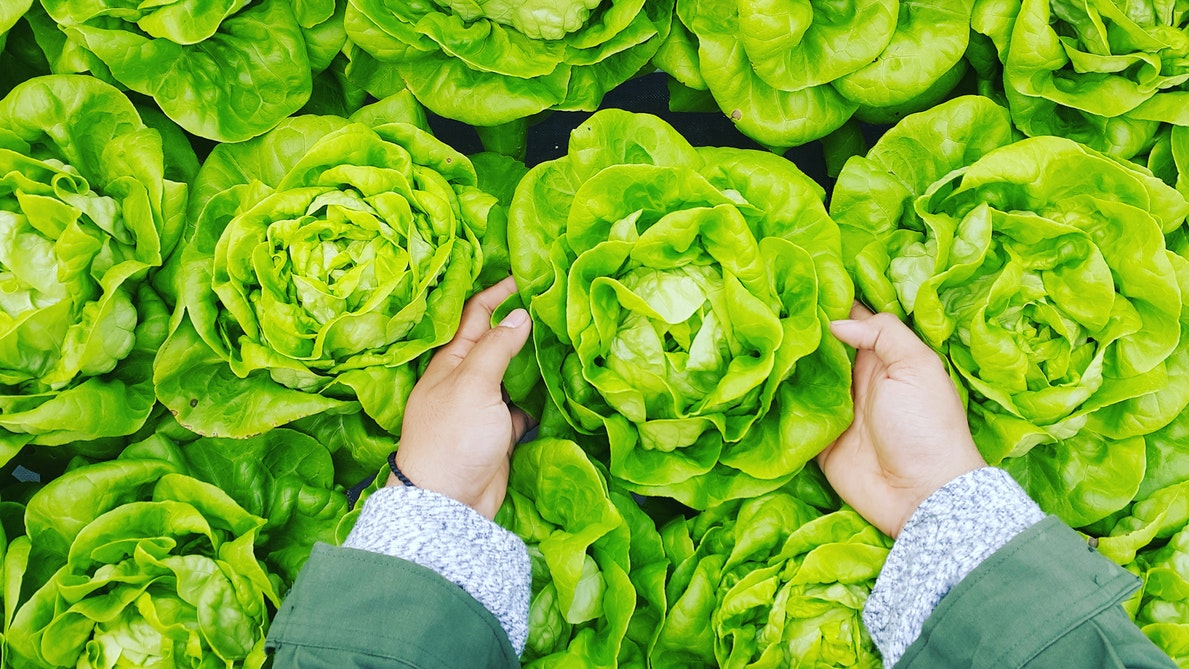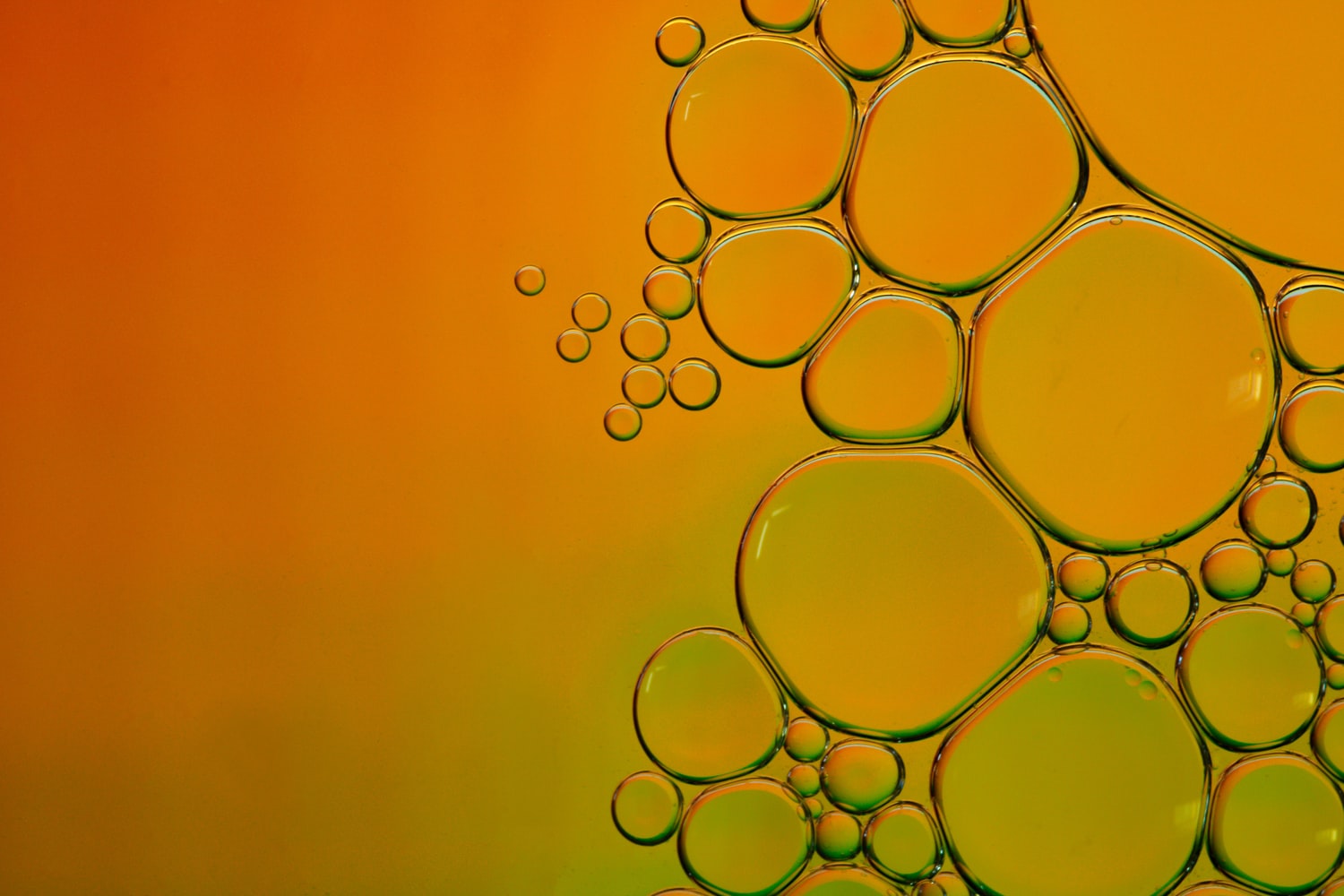We have all become aware of our overconsumption of single-use packaging products and their very negative impact on the environment.
To illustrate this point, here are some figures concerning plastics, which make you dizzy:
- Annual production of plastics: 320 million tonnes (in 2015) or around 8% of global oil consumption (on average: 1 gram of plastic = 1 gram of oil). In comparison, global meat production is 300 million tonnes.
- According to the University of Santa Barbara: 9 billion tons of plastics have already been produced and only 3 billion have been recycled. The remaining 6 billion tonnes were thrown into the environment.
- In Europe (2017) around 30% of plastics produced are recycled. Switzerland stands out with a recycling rate well above the European average and a ban on landfilling plastic waste.
- In France: 45% of recovered plastic waste is landfilled, 17% is recycled (into other plastics), the rest is used as fuel (incineration).
The pollution of the oceans and all flora by plastics is now known, even if it is not easy to measure it in real terms.
Consequence: no living being, including humans, escapes the involuntary ingestion of plastics: tap water everywhere in the world contains micro plastics (in 94% of cases in the USA) and frequently also bisphenol A in solution in water.
“Flame retardants” (PBDE type molecules) are found even in the fat of cetaceans.
The majority of micro exfoliating pearls used for toothpastes and scrub creams are “zero recycled” plastics which all end up in rivers and seas.
What about cigarette filters which take more than 15 years to dissolve in water, which block urban water drainage systems or which end up in the stomachs of birds or fish.
We must look at the progress already made
Freeing yourself from addiction is never easy and we must not neglect the progress that has been made in a decade, thanks to the evolution of behavior, legislation and part of the offer offered to consumers: selective sorting, abandoning plastic bags in stores, buying in bulk are all steps in the right direction.
Concretely how do we do it?
On the food side, the desire to produce less waste translates almost directly into a healthier diet: fewer processed products, prepared meals, snacks, sodas, etc.
This means more fresh products, local commerce and bulk purchasing.

It is therefore healthier, more economical and obviously more ecological.
For other household products (maintenance, hygiene): we also look for bulk solutions (soap, laundry detergent) and we limit the number of products by rediscovering combinations with basic ingredients (Marseille soap, white vinegar, bicarbonate soda etc.).
The American 5 R rule: a good guide to progress towards zero waste
Refuse: look for alternatives, bulk sources, buy unpackaged fruits and vegetables, avoid food waste, stop smoking (filtered cigarettes).
Reduce your consumption of packaging and disposable products. Example: reuse solid soaps.
Recycle: firstly, apply systematic and error-free selective sorting.
Reuse: finding a second life for packaging. Example: transform the Argalys pillbox into a salt box.
Compost ('to Rot'): all food waste. In town, a balcony may be enough to install a small composter. Some cities are studying organic waste collectors.
And what do we do at Argalys?
The main question for our products is obviously that of the container. We have systematically opted for the solution, certainly more expensive compared to HDPE plastic, of the cardboard and plant-based plastic pillbox, 100% recyclable by composting (the simplest and least expensive form of recycling in terms of energy).
We also particularly insist on the reuse of our pill boxes for storing small kitchen ingredients purchased in bulk (salt, spices, etc.).
We can all act within our means to significantly reduce waste production, starting with the most toxic and polluting for the environment.
Here are some links to Blogs that we particularly like and which will give you some ideas!
- Anaïs’ advice can be found on her Blog
- Daily tips by Camille
- Jérémie Pichon and his zero waste family!
- Useful links from the ZeroWaste France association.
Don’t hesitate to share your tips with us!
The Argalys team
 04 74 03 98 80
04 74 03 98 80









